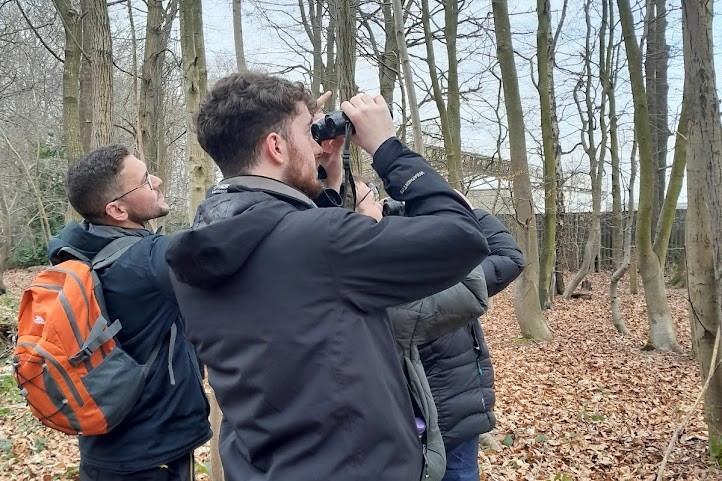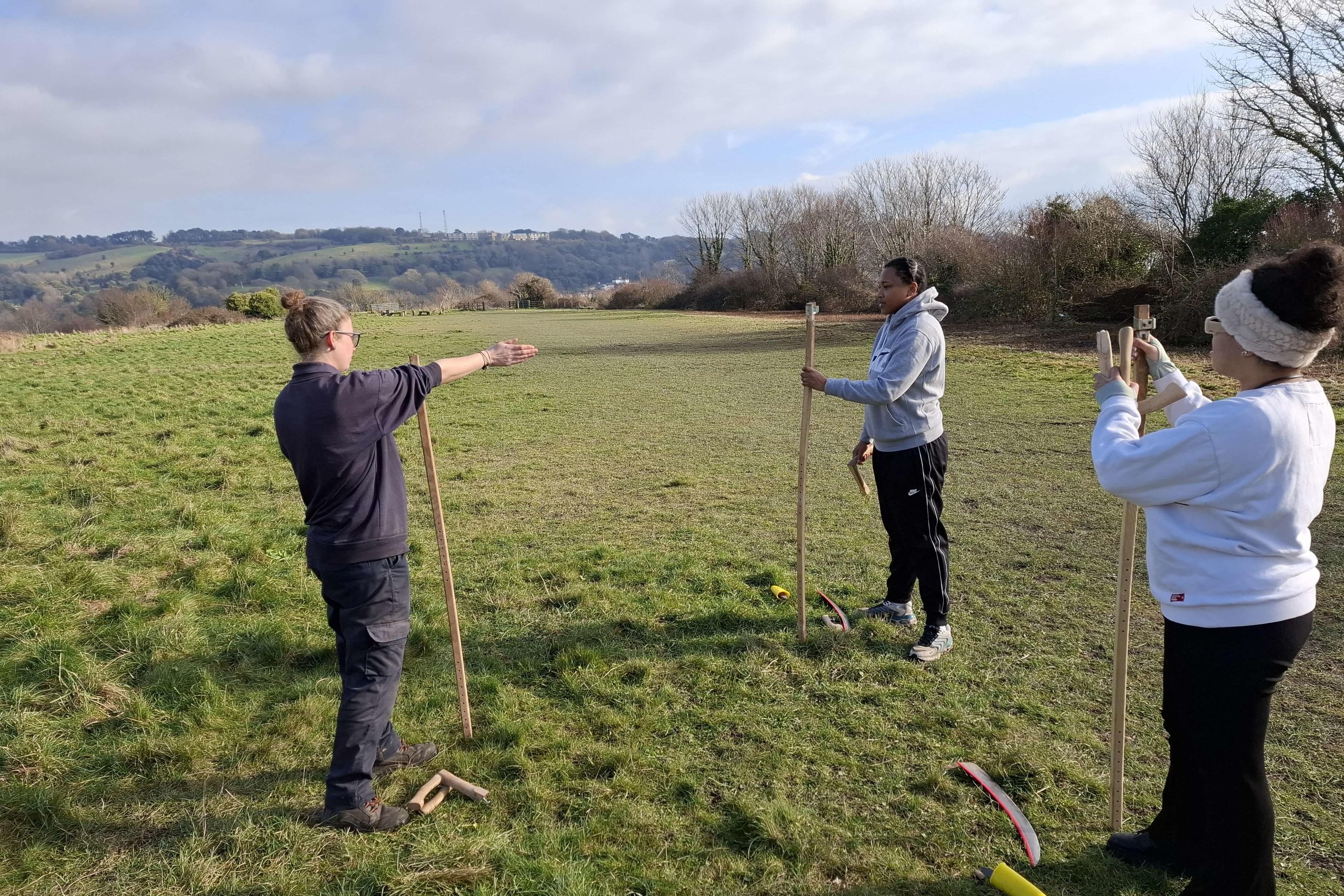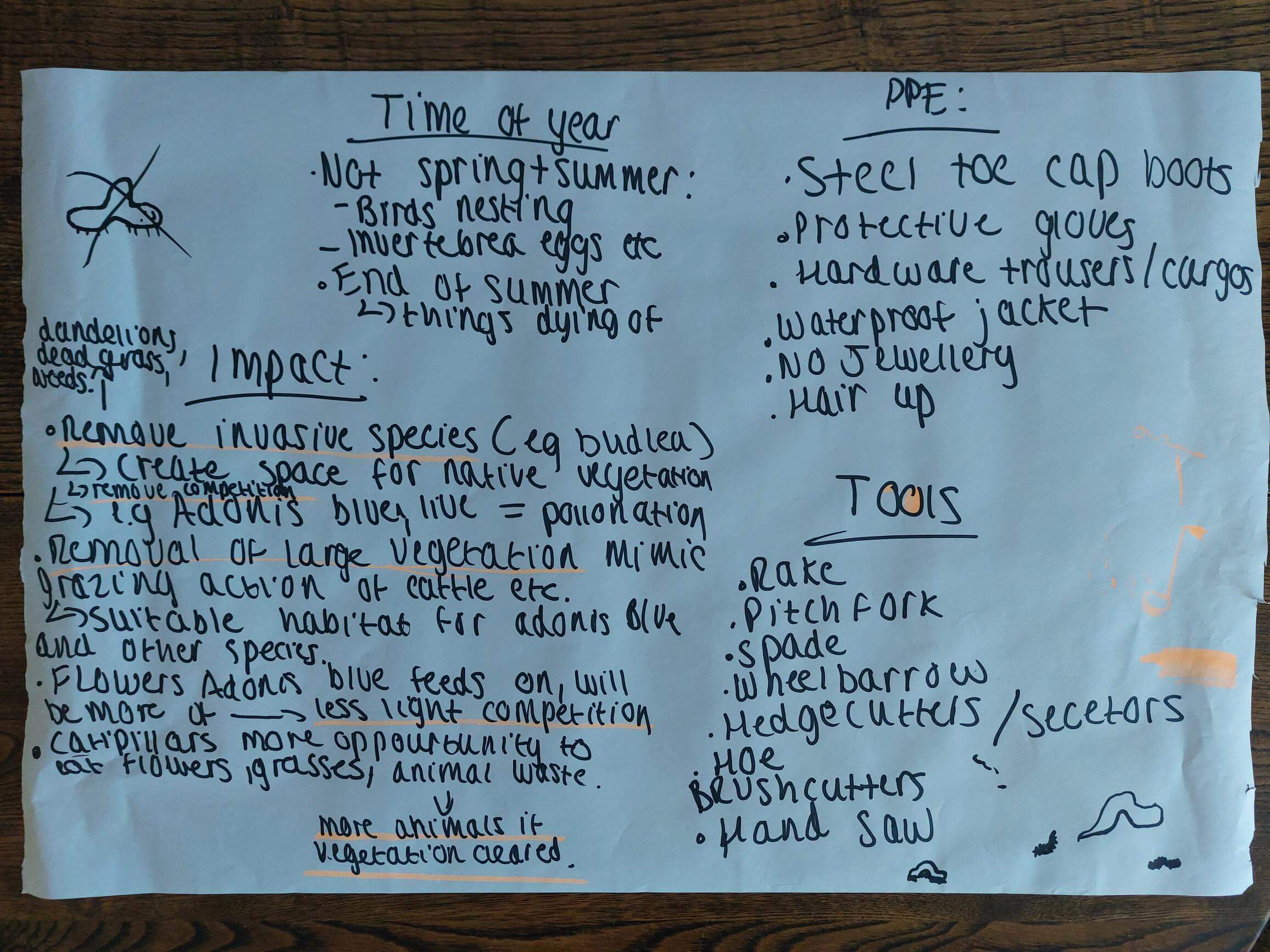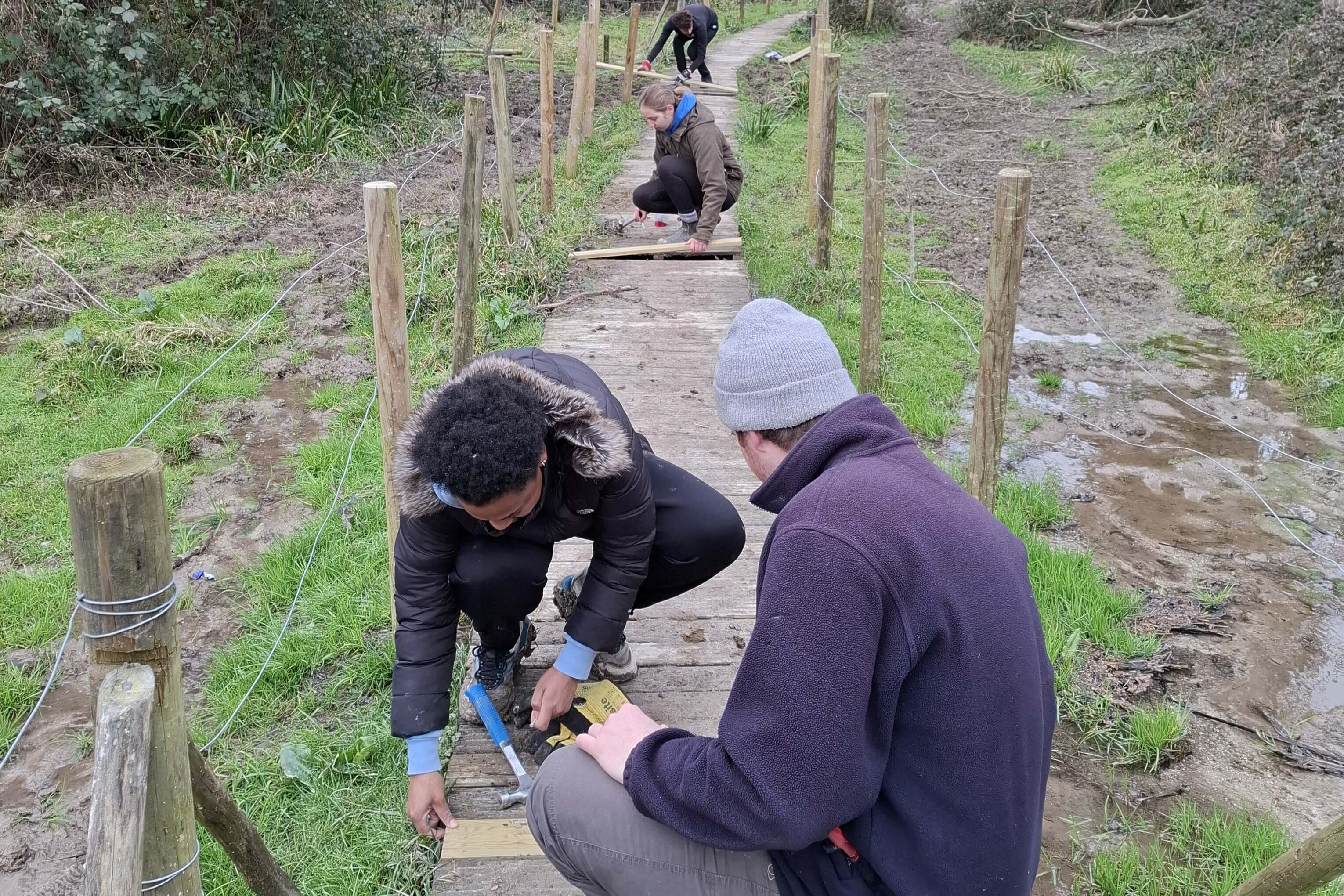
Wild Futures: Inspiring Young Conservationists
In December 2024, we embarked on a mission to connect more young people aged 16–24 with hands-on conservation work. Through a series of workshops and volunteer taster sessions, the Wild Futures Campaign sought to introduce participants to the benefits of conservation volunteering, from enhancing CVs and gaining work experience to boosting mental well-being and development a deeper connection with nature.
Understanding Young Volunteers: The Pre-Campaign Survey
Before launching the campaign, we conducted a survey to better understand the motivations and challenges young people face when considering conservation volunteering. The results revealed a promising level of interest - 34 out of 62 respondents expressed a desire to get involved. However, many participants lacked familiarity with what conservation volunteering entails, highlighting the need for greater awareness and education.
So, what inspires young people to volunteer? Career-related goals ranked highly, with many hoping to gain work experience, improve their CV, and develop new skills. Encouragingly, a significant number also expressed interest in making a positive impact on the environment, spending time outdoors, and improving their mental well-being.

On the flip side, barriers such as transport issues, other commitments, and a lack of confidence or awareness often prevented them from taking that first step. Addressing these obstacles was a key focus for Wild Futures, and we worked to provide transport support, promote flexible opportunities, and create welcoming environments for new volunteers.
Delivering Wild Futures
Spreading the Word
To generate interest, we ran a targeted social media campaign, reaching thousands of potential volunteers across Facebook and Instagram. We also distributed printed materials, which proved effective. However, balancing the environmental impact of printing remains a consideration.

Engaging Young Conservationists
Our outreach workshops at Canterbury College Spring Lane introduced 84 countryside management and animal care students to conservation careers, as well as the work of WCCP and RMCP. Rangers Martha and Lewis shared their experiences, offering insight into how volunteering could benefit students in their future careers. Students also participated in a group activity where they planned a volunteer session focused on restoring or conserving a habitat. Key considerations for the task included health and safety, biodiversity impact, and seasonal conditions.
The workshops were well-received, with students particularly enjoying the case studies. They found the sessions informative and gained a clearer understanding of the types of tasks they might undertake as volunteers.
Hands-On Taster Sessions
The campaign’s volunteer taster sessions offered practical experience in conservation work. From wintering bird surveys at Spinney Woods to access improvements at Folkestone Downs, young volunteers repaired steps, built boardwalks, and engaged in traditional woodland management techniques such as coppicing and dead hedging. The team also tackled chalk grassland management at High Meadow Local Nature Reserve, where participants learned the art of scything.
Participants could earn digital certificates for their involvement, adding valuable credentials to their CVs while building confidence in their conservation skills.

The Impact
Feedback & Looking Ahead
Wild Futures has left a lasting impression. All completed feedback surveys rated the experience 10/10. Attendees described the sessions as 'fun and informative' and 'an amazing experience,' with session leaders praised for their welcoming and knowledgeable approach.
While career development was a key motivation, informal discussions revealed that many volunteers experienced personal growth and improved well-being - highlighting that conservation volunteering is as much about individuals as it is about the environment.
Since the campaign wrapped up, two Wild Futures participants have transitioned into regular volunteers.
What’s Next?
The campaign successfully inspired young people to act for wildlife, but there is always room for growth. In the future, efforts could include exploring ways to strengthen partnerships with youth-focused organisations, increasing visibility through targeted community events and digital outreach, and assessing transport solutions to make volunteering more accessible. Additionally, improving communication may help ensure young volunteers are well-informed about their options.
Wild Futures has been a meaningful step toward empowering the next generation of conservationists. WCCP looks forward to continuing to support and inspire young people passionate about protecting wildlife.
Do you know a young person who might benefit from volunteering with us? To learn more about volunteering, whatever your age, visit our volunteer webpage here.
